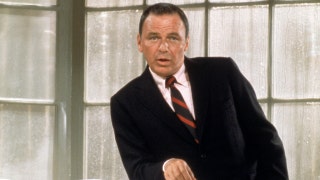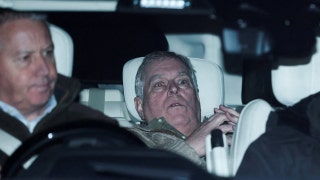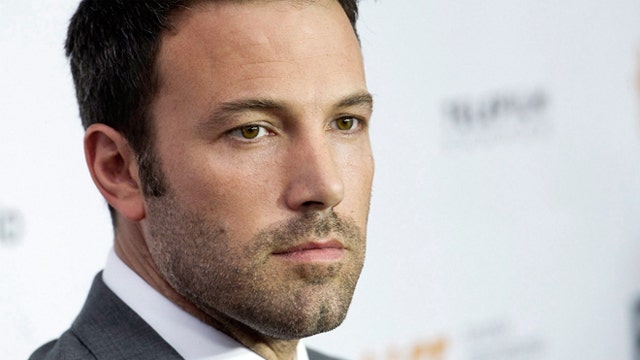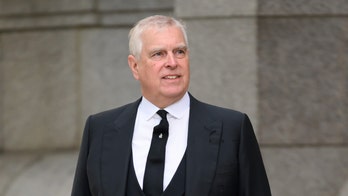The decision producers made to omit Ben Affleck’s slave-owning ancestors from the PBS series “Finding Your Roots” has raised eyebrows in the Twitterverse and in the journalism community, with many questioning the ethical implications of the decision to buckle to an A-list star’s request.
The network took the brunt of the backlash after it was revealed through leaked emails that Henry Louis Gates, who hosts the series, decided to O.K. Affleck’s request that his slave-owner connections be kept off TV.
NPR, another public media organization, posted a memo on Wednesday from its Standards and Practices Editor Mark Memmott, noting it didn’t agree with the move made to keep Affleck happy.
“For the record, the decision made by ‘Finding Your Roots’ was not in line with [NPR’s] standards,” Memmott wrote.
PBS’ internal critic, or ombudsman, Michael Getler responded to the backlash the network has received in a series of blog posts. Gelter criticized the network somewhat but he also emphasized that PBS is not involved in the production of “Finding Your Roots.” In fact, three production companies work together on the series-- Inkwell, Thirteen and KMP-- but PBS has no involvement in the production of the show.
“Millions of people watch its television programs but my guess is that relatively few understand that PBS does not produce any of these programs,” Gelter explained in his post. Still, he didn’t hesitate to slam the network in an earlier blog post, saying they offered a “weak response” when the news of the show-edit broke.
PBS told Gelter they knew nothing about the edited-out slave-owning ancestor. “PBS did not know of the exchanges between Professor Gates, Sony and Mr. Affleck. We learned of the exchange on Friday, April 17th,” when a newspaper called the network to comment on the leaked emails, PBS execs told Gelter.
“PBS was not part of editorial decisions made by Professor Gates and his producers.”
Gelter also spoke with the production company Thirteen, who said they were unaware of the emails with Affleck. Thirteen acknowledged they knew the slave-owning ancestor had been edited out, but they insisted they did not know it was because of a request from the "Batman v. Superman" star.
But Gates, his production company Inkwell, and the publicity company Sunshine Sachs, seemingly all knew about the ethical dilemma surrounding Affleck’s request.
According to one email, posted by Boston.com, Gates even noted that deleting the portion of the episode about the slave-owning ancestor was a violation of PBS’ ethical standards.
“To do this would be a violation of PBS rules, actually, even for Batman,” Gates wrote.
Those ethical rules are heavily focused on editorial integrity, specifically honestly and accuracy.
The network’s policies note that show producers are required to comply with the network’s standards.
“Producers of content for PBS have an obligation to inform themselves about and adhere to these Standards and Policies and all applicable PBS production and funding guidelines.”
PBS stated late Tuesday that the network began an internal review on April 18 to determine if its practices were violated. Reps for the network did not return FOX411’s requests for comment regarding progress of the review.














































